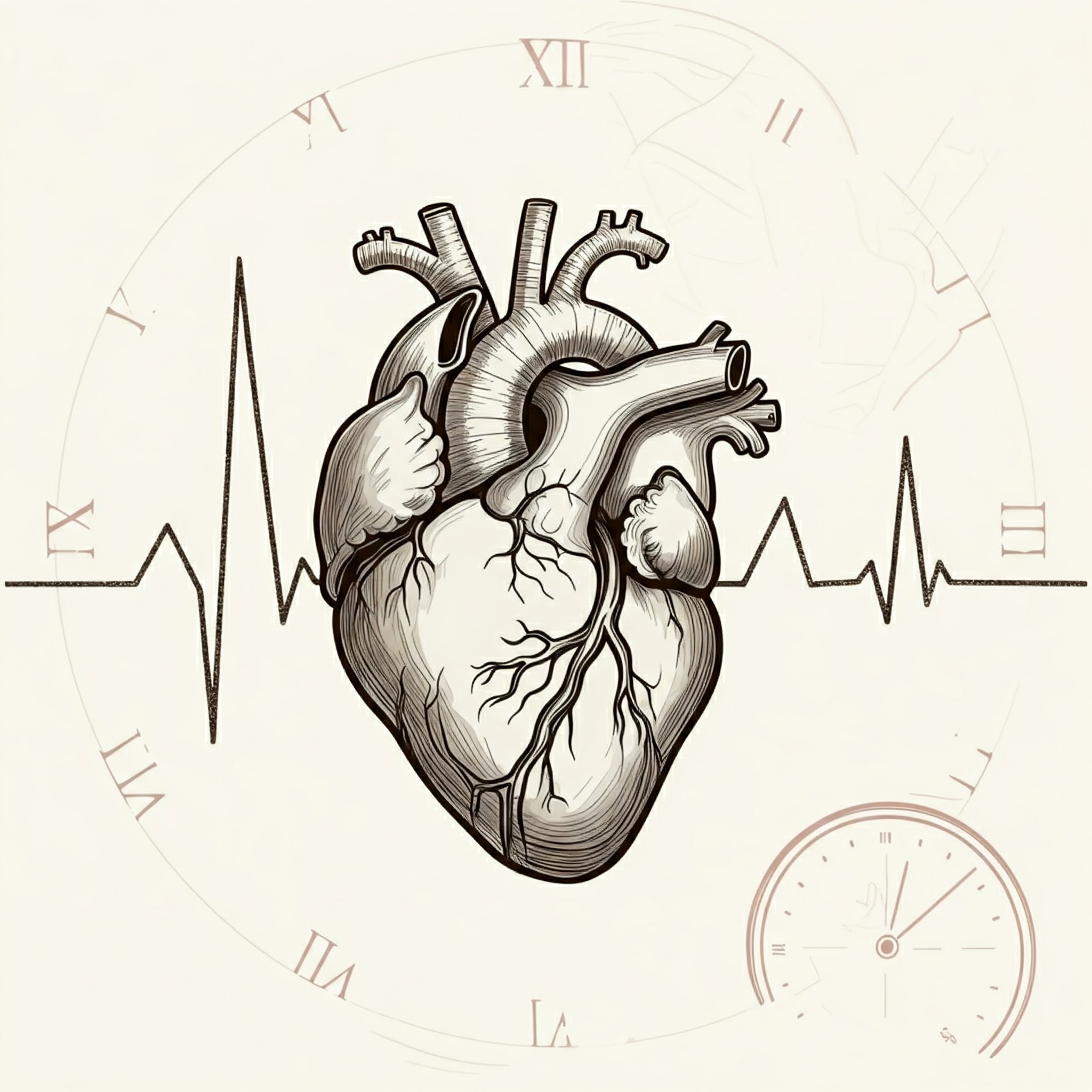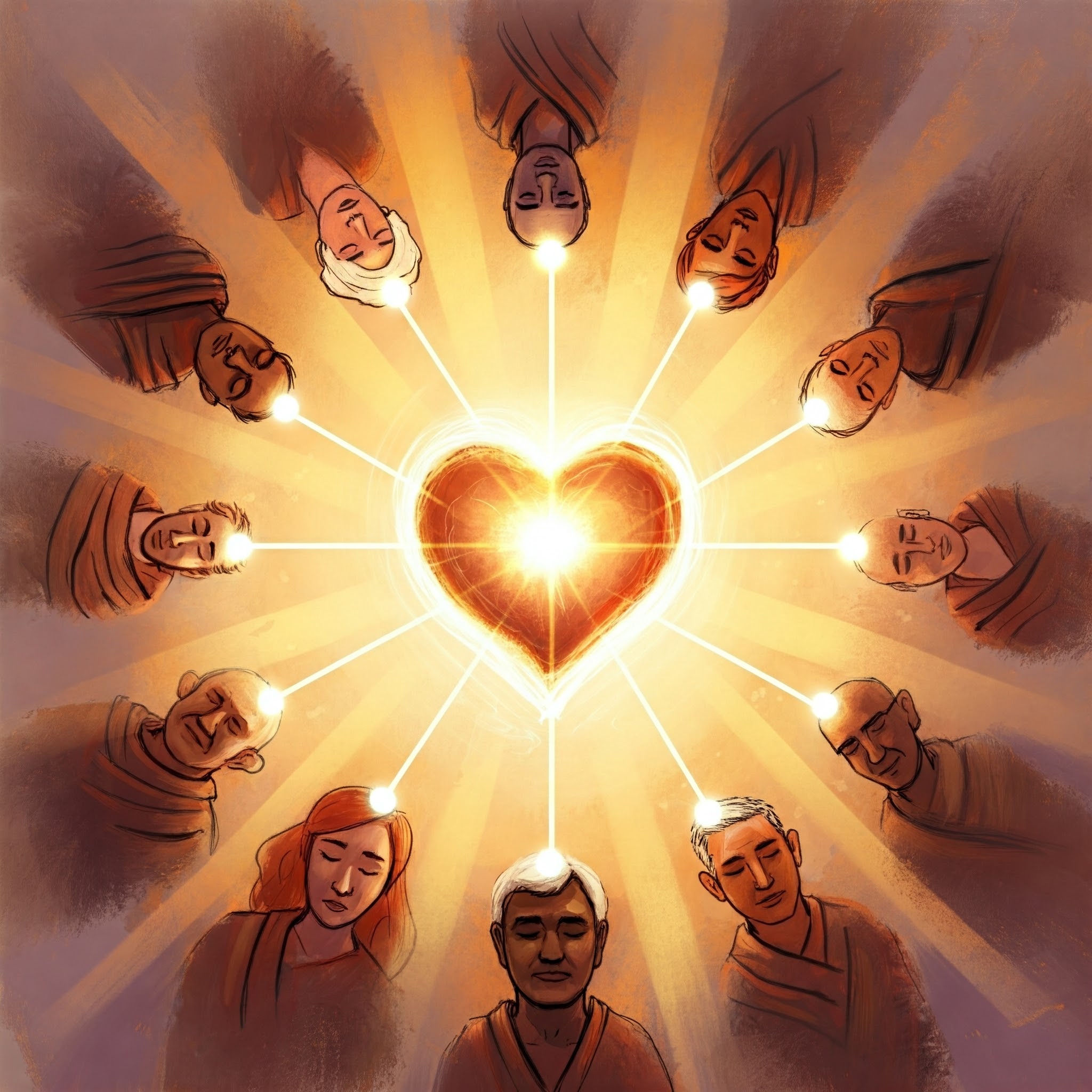Heart
Definition
Heart is a noun that refers to the muscular organ in humans and animals that pumps blood through the circulatory system. It is also used metaphorically to signify emotions, courage, or the central part of something.
Parts of Speech
- Noun
Pronunciation
American English
- IPA Pronunciation: /hɑrt/
- Respelling: HART
British English
- IPA Pronunciation: /hɑːt/
- Respelling: HAHT
Etymology
The word "heart" originates from Old English "heorte," which is derived from Proto-Germanic "*hertō" and Proto-Indo-European "*ḱḗr," meaning "heart" or "core." It has been used in both literal and figurative senses since ancient times.
Derivatives
- Heartfelt (adjective)
- Heartless (adjective)
- Heartwarming (adjective)
- Hearty (adjective)
- Heartache (noun)
Synonyms
- Core
- Emotion
- Spirit
Antonyms
- Indifference
- None
- None
Usage
The noun "heart" is used in a variety of contexts. It describes the anatomical organ, as in "The doctor checked his heart health." Metaphorically, it expresses emotions or centrality, as in "She has a kind heart" or "The issue lies at the heart of the debate."
Related Terms
- Cardiac: Relating to the heart.
- Pulse: The rhythmic throbbing of arteries caused by heartbeats.
- Core: The central or most important part of something.
Detailed Definitions
Noun
- The muscular organ that pumps blood through the body: Refers to the biological function of the heart.
- Example: "The human heart beats approximately 100,000 times a day."
- The central or innermost part of something: Refers to the figurative meaning of core or essence.
- Example: "Compassion is at the heart of her teachings."
- The seat of emotions or courage: Refers to the metaphorical association with feelings or bravery.
- Example: "He showed great heart in facing the challenge."
heart



🇨🇳 Mandarin Chinese
- 心 (xīn) - meaning both physical heart and emotional heart
- IPA: /ɕin/
- Respelling: sheen
🇮🇳 Hindi
- दिल (dil) - refers to the emotional heart
- IPA: /d̪ɪl/
- Respelling: dil
- हृदय (hriday) - refers to the physical heart
- IPA: /ɦɽɪd̪əj/
- Respelling: hri-da-y
🇪🇸 Spanish
- Corazón
- IPA: /koɾaˈson/
- Respelling: koh-rah-son
🇫🇷 French
- Coeur
- IPA: /kœʁ/
- Respelling: ker
🇸🇦 Arabic (Modern Standard)
- قلب (qalb)
- IPA: /qalb/
- Respelling: qalb
🇧🇩 Bengali
- হৃদয় (hrday)
- IPA: /hrid̪ɔj/
- Respelling: hridoy
🇷🇺 Russian
- Сердце (Serdce)
- IPA: /ˈsʲert͡sɨ/
- Respelling: syer-tse
🇵🇹 Portuguese
- Coração
- IPA: /koɾɐˈsɐ̃w̃/
- Respelling: koh-rah-sown
🇮🇩 Indonesian
- Jantung
- IPA: /dʒan.tuŋ/
- Respelling: jan-tung
🇩🇪 German
- Herz
- IPA: /hɛʁt͡s/
- Respelling: herts
🇯🇵 Japanese
- 心 (Kokoro) - referring to the emotional heart
- IPA: /koꜜkoɾo/
- Respelling: ko-ko-ro
- 心臓 (Shinzō) - referring to the physical organ
- IPA: /ɕin.zoː/
- Respelling: shin-zoh
🇻🇳 Vietnamese
- Trái tim
- IPA: /ʈʂāːj˧˥ tīm/
- Respelling: trai tim
🇰🇷 Korean
- 심장 (Simjang)
- IPA: /ɕimdʑaŋ/
- Respelling: shim-jang
🇹🇷 Turkish
- Kalp
- IPA: /kɑlp/
- Respelling: kalp
🇵🇰 Urdu
- دل (dil) - refers to the emotional heart
- IPA: /dil/
- Respelling: dil
- قلب (qalb) - refers to the physical heart
- IPA: /qəlb/
- Respelling: qalb





